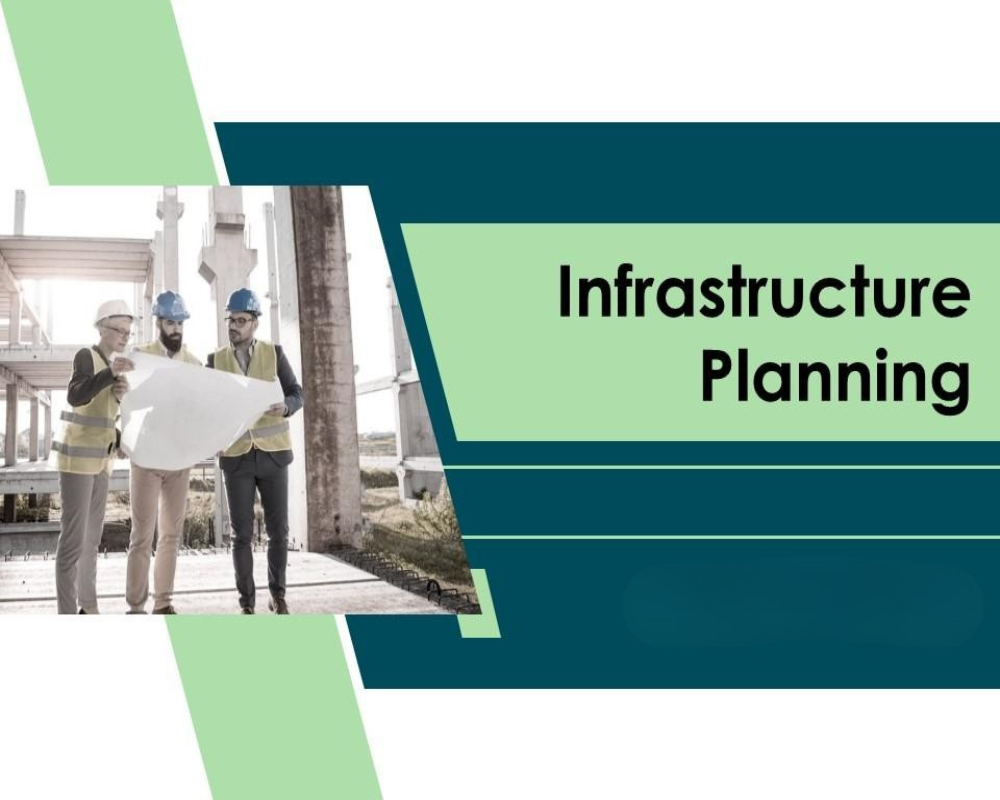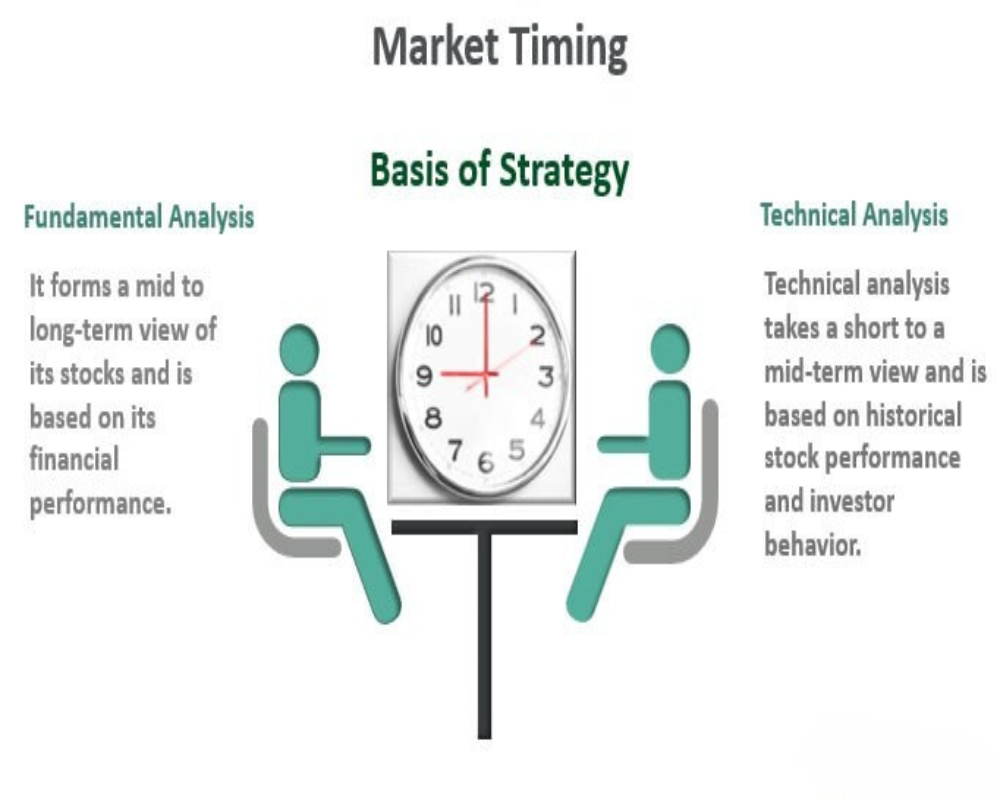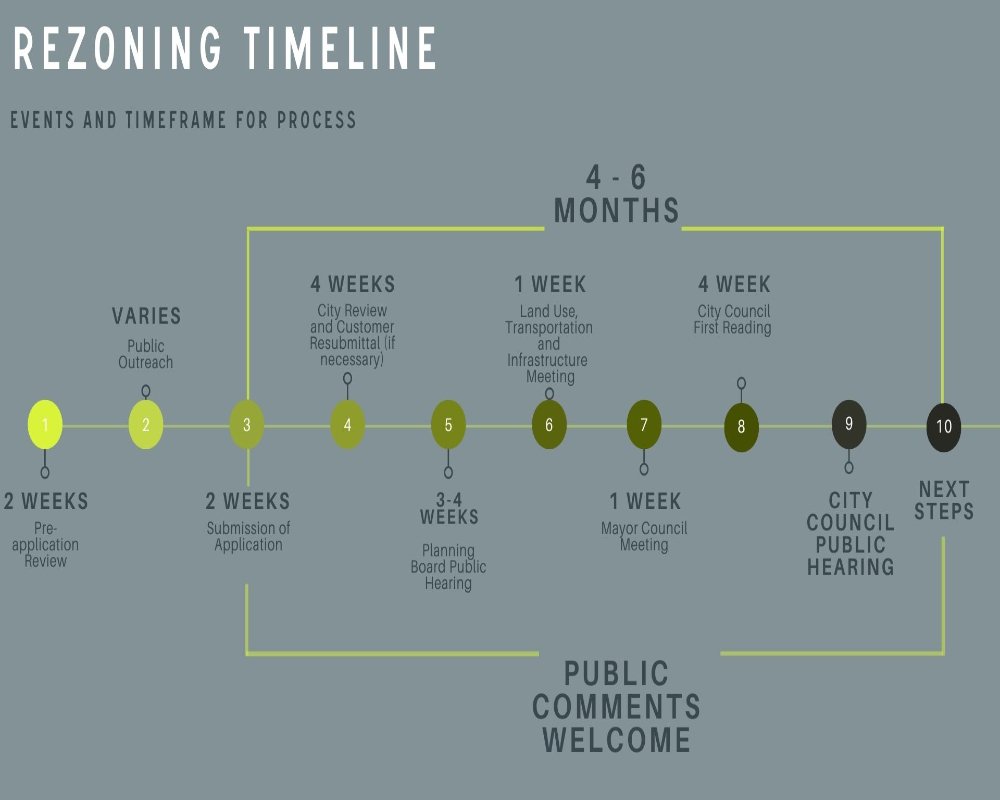Introduction Industrial park development is a complex, multi-phase process designed to convert large land parcels into structured zones that accommodate manufacturing, warehousing, logistics, and service industries. These parks are planned with dedicated infrastructure, utility systems, regulatory frameworks, and spatial zoning to support industrial operations and economic activity. The development...
Investment
Introduction The zoning change process is a structured legal and administrative procedure that transforms the designated land use category of a parcel to accommodate industrial, commercial, or other developments. For investors, understanding each stage of this process is essential to align project planning, manage risk, and prepare for approvals. The process varies slightly across jurisdictions but...
Introduction Rezoning is a valuable tool for unlocking land potential, but it also carries risks when attempts fail. A failed rezoning can result in legal, financial, and operational setbacks for investors, developers, and landowners. The process involves time, money, and regulatory engagement, and failure at any stage can halt development plans. These risks are especially high when proposals do not align...
Introduction Infrastructure planning during the rezoning phase is a critical step that ensures the land designated for new industrial, commercial, or mixed-use development is adequately supported by physical and social infrastructure. It involves forecasting and designing the basic services and facilities—such as roads, water supply, electricity, sewage, stormwater systems, and digital...
Introduction Zoning flexibility in redevelopment planning refers to the adaptive and responsive use of zoning regulations to support the transformation of old, underused, or obsolete areas into productive urban or industrial spaces. Traditional zoning can sometimes restrict modern redevelopment by imposing outdated land use rules, density limits, or rigid building norms. Flexible zoning allows planners,...
Introduction Government incentives for rezoning efforts are support mechanisms introduced to promote the planned conversion of land from one use category to another. These incentives aim to accelerate economic development, improve infrastructure utilization, and align private investments with public planning goals. They are particularly useful in motivating investors and developers to participate in...
Introduction Due diligence is a critical component of any rezoning venture, serving as the foundation for sound investment and regulatory success. It involves a thorough investigation of legal, technical, environmental, and planning aspects before initiating or investing in a land use change. Rezoning ventures carry both high potential and complex risk, making due diligence essential for validating land...
Introduction Market timing plays a critical role in maximizing the success of rezoning-based land investments. It involves strategically selecting when to acquire, apply for, and exit from a land parcel in relation to broader economic, infrastructure, and regulatory cycles. The ability to forecast or align with rezoning trends, government announcements, and real estate demand determines the return...
Introduction Rezoning a parcel of land brings notable tax consequences that directly affect the financial outlook of landowners and investors. When land use changes from agricultural or residential to industrial or commercial, tax liabilities often increase due to new classification and higher market value. These changes influence property tax rates, capital gains tax, stamp duty, and eligibility for...
Introduction Rezoning is a structured and time-bound legal process that involves changing the designated land use of a property to support a different development type—often from agricultural or residential to industrial or commercial. Understanding the timelines and key milestones involved in rezoning helps investors plan land acquisitions, project execution, and financial commitments. Each phase of...










